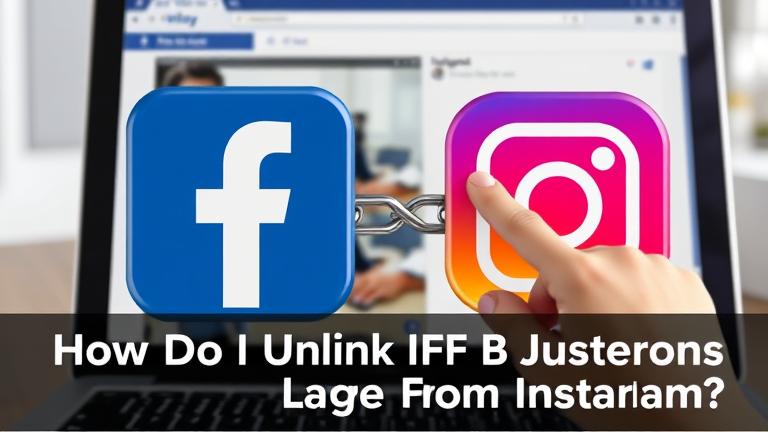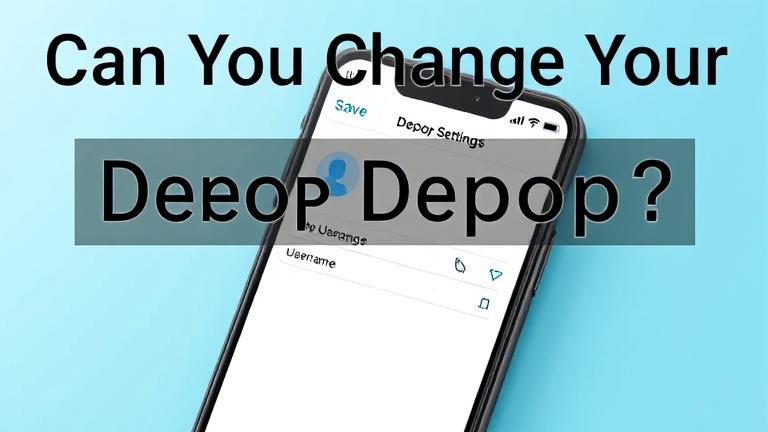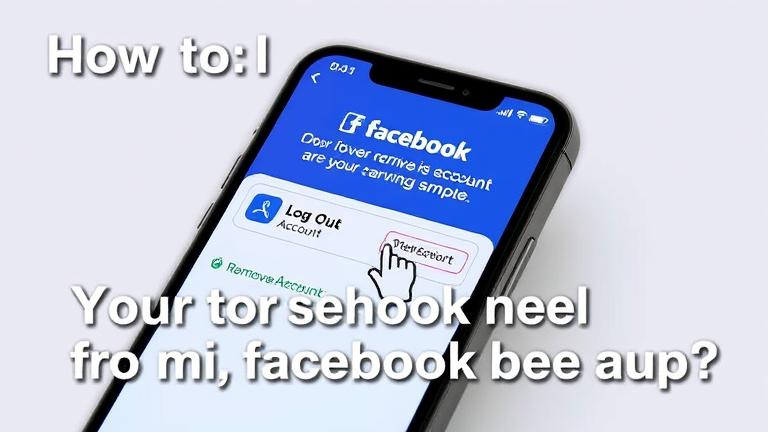Understanding the Impact of Deleting Your Twitter Account
Deleting a Twitter account is a significant decision that results in immediate and noticeable changes to your online presence. Once you choose to delete your account, access to your profile, tweets, notifications, and interactions is severed almost instantly. Your profile becomes inaccessible to others, preventing any further visibility or interaction with your previous content. This process effectively disconnects you from your Twitter footprint, making recovery difficult if not initiated promptly.
It’s important to note that while your account is inaccessible, Twitter may retain certain data for backup or legal purposes. This means that although you cannot view or use your profile or tweets, the platform might hold onto your data temporarily. For a detailed guide on how this process works, refer to Deleting a Twitter account.
Embed Video Explanation
Twitter’s Approach to Data Post-Account Deletion
Twitter’s handling of user data after account deletion involves a complex balance between protecting user privacy and maintaining operational integrity. When you delete your account, your publicly visible information — such as your profile, tweets, and direct messages — is generally removed, reducing your online footprint. However, some data may persist in Twitter’s backups and logs for a certain period, typically up to 30 days, in compliance with data retention policies and legal obligations (Twitter Privacy Policy).
During this retention window, the data remains inaccessible to the public but can still be recovered internally by Twitter for administrative, compliance, or legal reasons. Additionally, cached versions of your profile or tweets might linger on search engines or third-party sites. This means that even after deleting your account, traces of your online presence could remain in various online caches or archives. For comprehensive advice, see internet privacy resources.
To ensure the complete removal of your data from the internet, additional steps like requesting removal from search engines or third-party platforms may be necessary.
How Social Media Platforms Evolve After Deletion
Even after you delete your social media account, platforms do not instantly erase every trace of your presence. In the immediate aftermath, your profile and content are removed from public view; however, many platforms retain backup copies and logs for operational, legal, or regulatory reasons, sometimes lasting for extended periods.
This residual data influences how algorithms function over time, affecting content recommendations and overall platform behavior. For example, as your data becomes less active, personalization algorithms shifts focus toward remaining active users, which can alter your experience if you decide to return later. Platforms are increasingly emphasizing privacy features and transparency, allowing users more control over their data even after account deletion. This reflects a broader movement towards better data privacy standards and responsible community management. Users should remain aware that their digital footprint may linger beyond the deletion process and that social media ecosystems are continuously adapting.
Final Thoughts
Deleting your Twitter account involves more than just clicking a button—it marked a transition in your online identity with immediate consequences, such as loss of access and visibility. Understanding Twitter’s data retention policies and the broader social implications helps you make informed decisions aligned with your privacy and social goals. While platforms are evolving towards greater transparency and privacy, residual online traces may persist, requiring additional measures if complete anonymity is desired.
Before deleting your account, weigh the benefits of increased privacy against the potential for lost connections and online influence. For ongoing privacy concerns, consider supplementing account deletion with proactive steps like clearing search engine caches and requesting third-party site removals.





















Social and Professional Consequences of Account Deletion
Removing your social media presence, particularly on platforms like Twitter, LinkedIn, and Facebook, can have profound social and professional repercussions. Your network and visibility are significantly impacted—potentially hindering career opportunities and personal connections. For example, deleting your LinkedIn profile could reduce your chances of attracting recruiters or professional contacts, thus affecting your career prospects (social media’s impact on professional networking).
Furthermore, friends, colleagues, and clients may find it challenging to verify your identity or stay in touch, leading to a diminished online presence. The loss of past interactions, shared content, and engagement history can also affect your personal brand. While account deletion enhances your privacy by reducing targeted advertising and online footprint, it also involves the permanent loss of engagement history and digital influence. Carefully consider these factors before proceeding with account deletion.